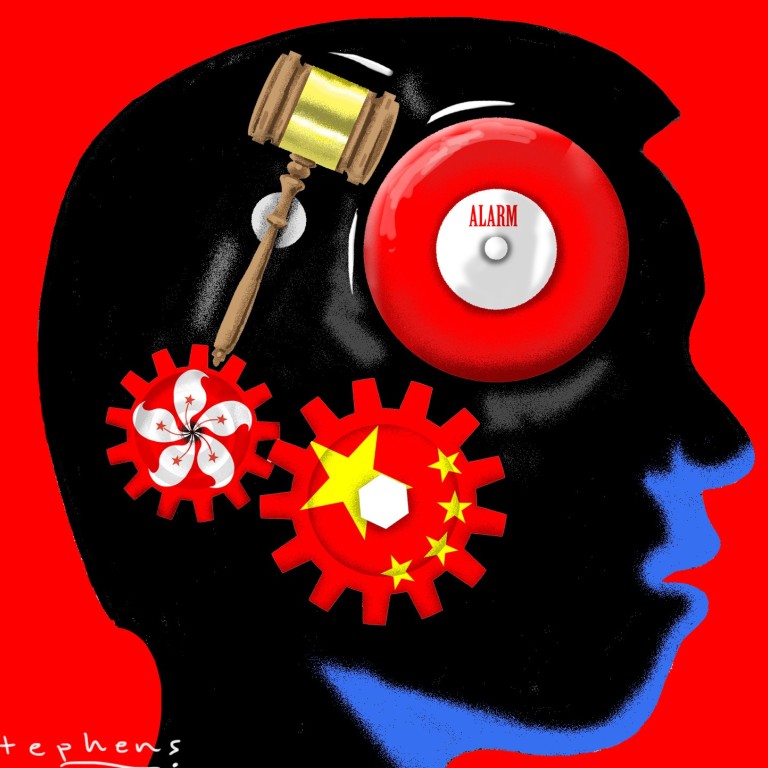
With jailing of Joshua Wong and fellow activists, civil disobedience loses its allure in Hong Kong as rational thought returns
Tian Feilong says from the start, the political concept of civil disobedience did not befit the circumstances in Hong Kong, and the local version of the movement proved to be a dud, but with disastrous consequences
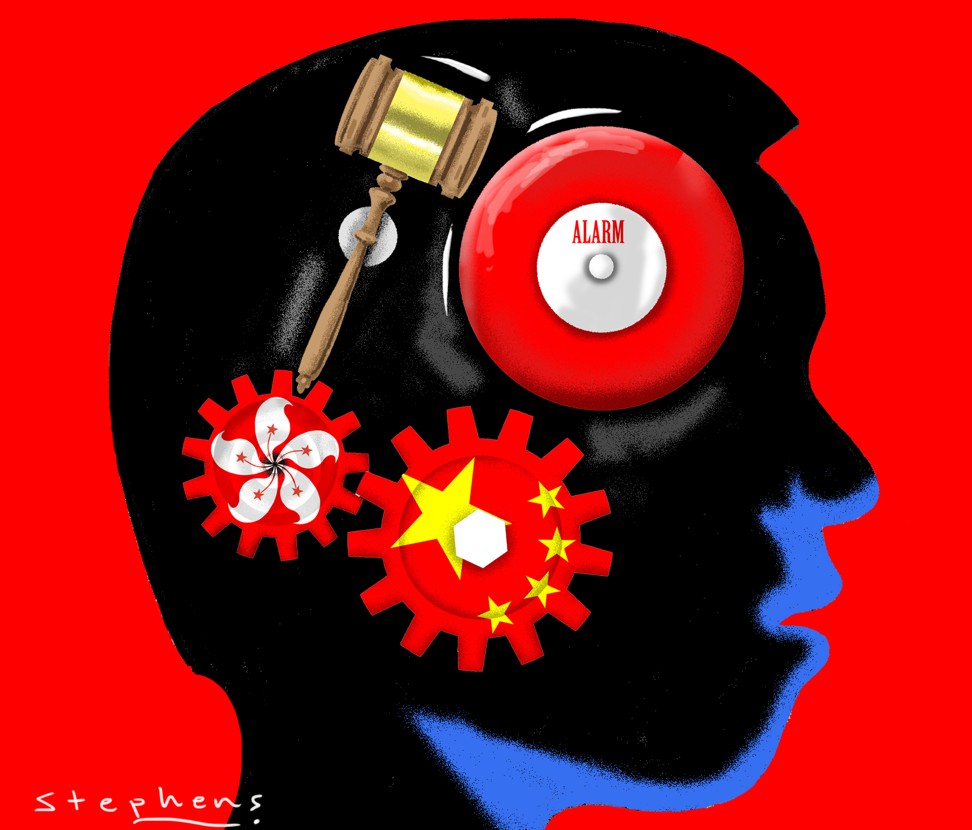
To a certain extent, the second case is the result of the first. After all, the Occupy protests fostered the rise of radical localism and undermined the rule of law.
Jailing Hong Kong’s three young Occupy leaders ‘will deter others from joining protests’
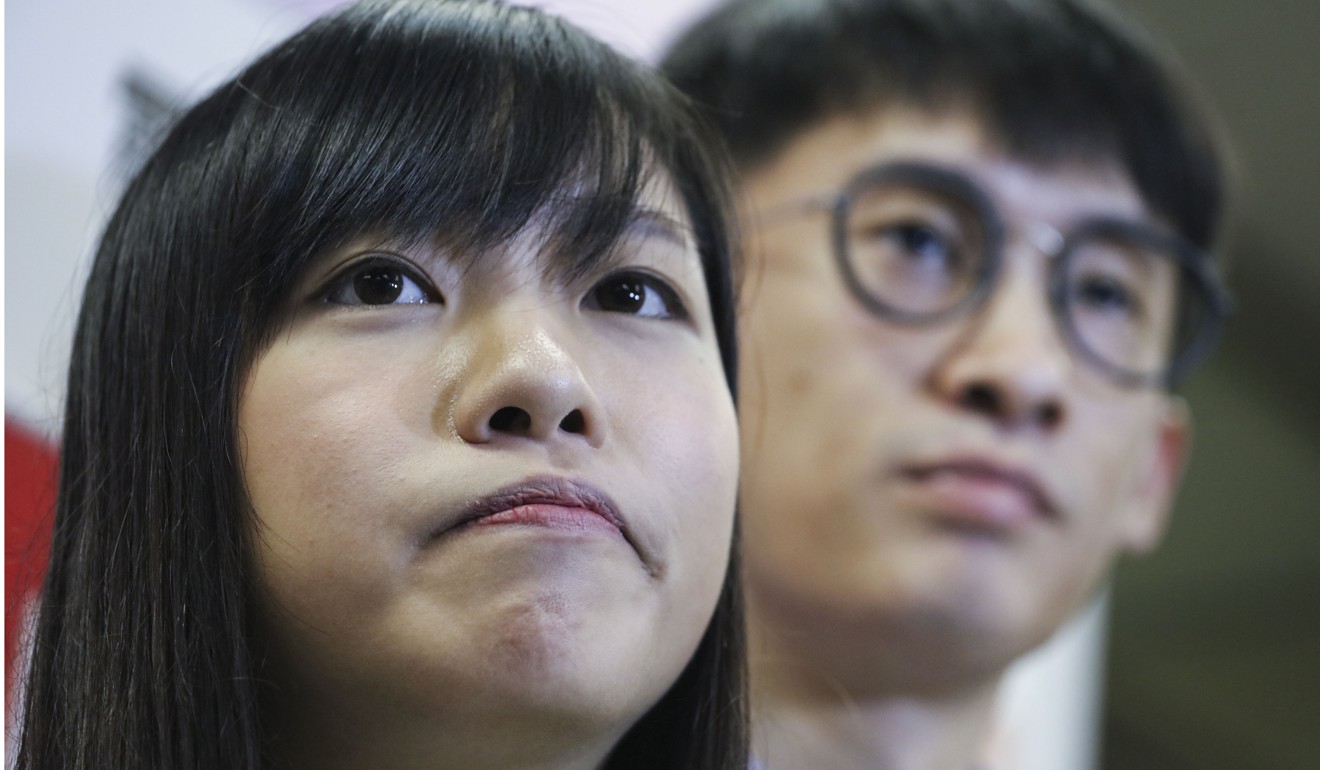
Can breaking the law ever be justified? Hong Kong’s pro-democracy protesters have put their trust in the Western protest tactic of civil disobedience, and believe they could break the law to achieve a higher constitutional goal.
Not only was civil obedience a poor fit in Hong Kong, but the local version also deviated from some of its traditional principles
Historically, civil disobedience has been used as a tool to raise social awareness and accelerate institutional development, from Henry David Thoreau’s refusal to pay his taxes to protest against the Mexican-American war and the expansion of slavery in the 1800s, to the civil rights movement in America, the non-cooperation movement in British India and the anti-apartheid movement in South Africa in more recent times.
Benny Tai should come down from his ivory tower
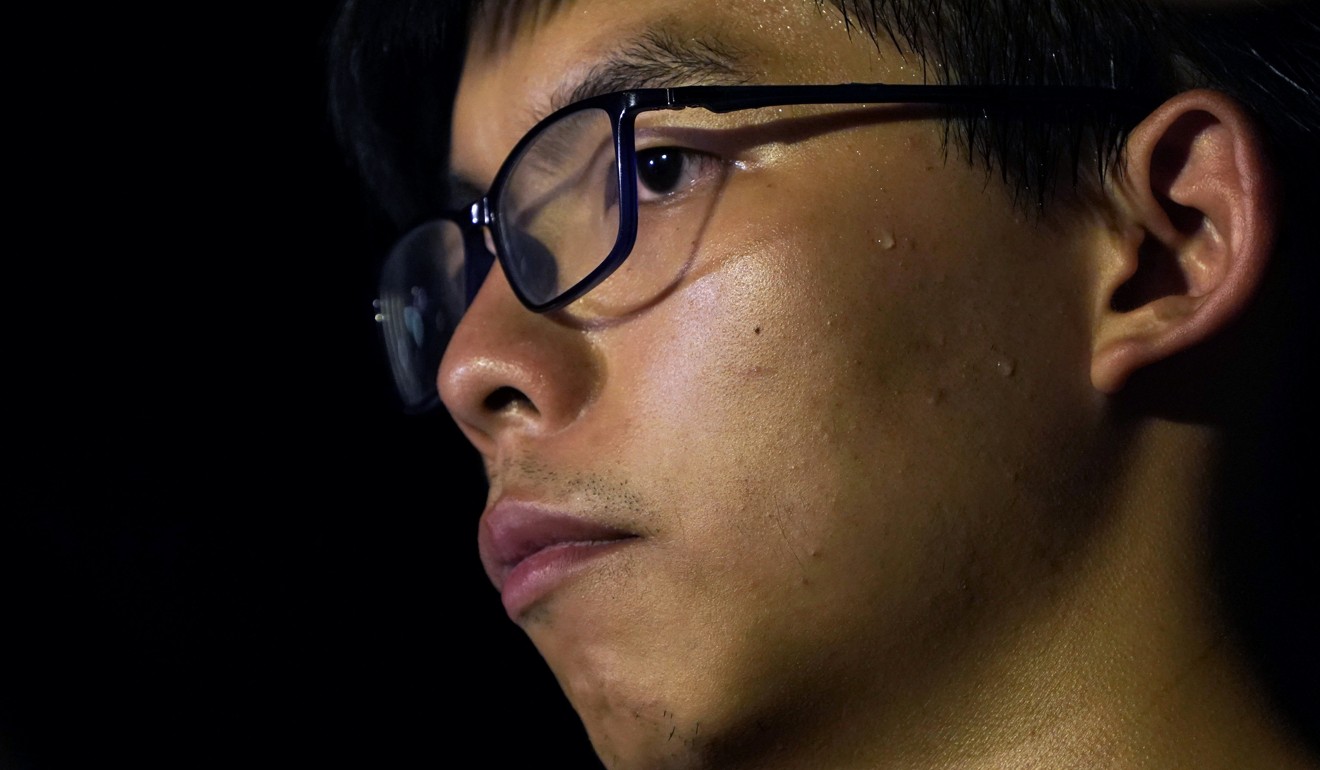
Today, many young people, including Joshua Wong, are paying the price for their involvement in Occupy, having been charged or convicted. Increasingly, Hongkongers from different walks of life, including those in the legal profession, are becoming aware of the misuse here of the theory of civil disobedience and the harm of Tai’s tactic. Tai himself is facing charges related to the protests.
Not only was civil disobedience a poor fit in Hong Kong, but the local version also deviated from some of its traditional principles. First, Hong Kong is a highly developed capitalist society, where democracy is advancing in an orderly way under the Basic Law. There were no serious constitutional defects or any political tyranny to warrant the use of civil disobedience.
Second, the Occupy organisers mobilised young people, even underage secondary school students, to join the front lines, and used them as a shield to dodge their own responsibilities. This runs counter to the noble spirit of civil disobedience.
Benny Tai slams ‘shameful’ middle-aged protesters who have let Hong Kong student leaders take rap
Third, the Occupy organisers ignored the constitutional authority of the Basic Law and the “one country, two systems” principle. This defies logic as civil disobedience advocates generally keep faith with higher constitutional principles, and use them as a basis to criticise unjust laws. Moreover, the Occupy organisers put forward demands for universal suffrage which do not comply with the Basic Law.
In short, civil disobedience does not have widespread support in Hong Kong. Nor is the concept deeply rooted in local academia. As became clear, it was a conceptual tool used in a social experiment by a few elite members of society.
Neither Hong Kong society nor the government knew how to deal with it. Thus, by claiming they were fighting for universal suffrage, the Occupy organisers found it easy at first to win public support both at home and abroad, with some dire political consequences.
Can a civil disobedience movement ever succeed in Hong Kong?
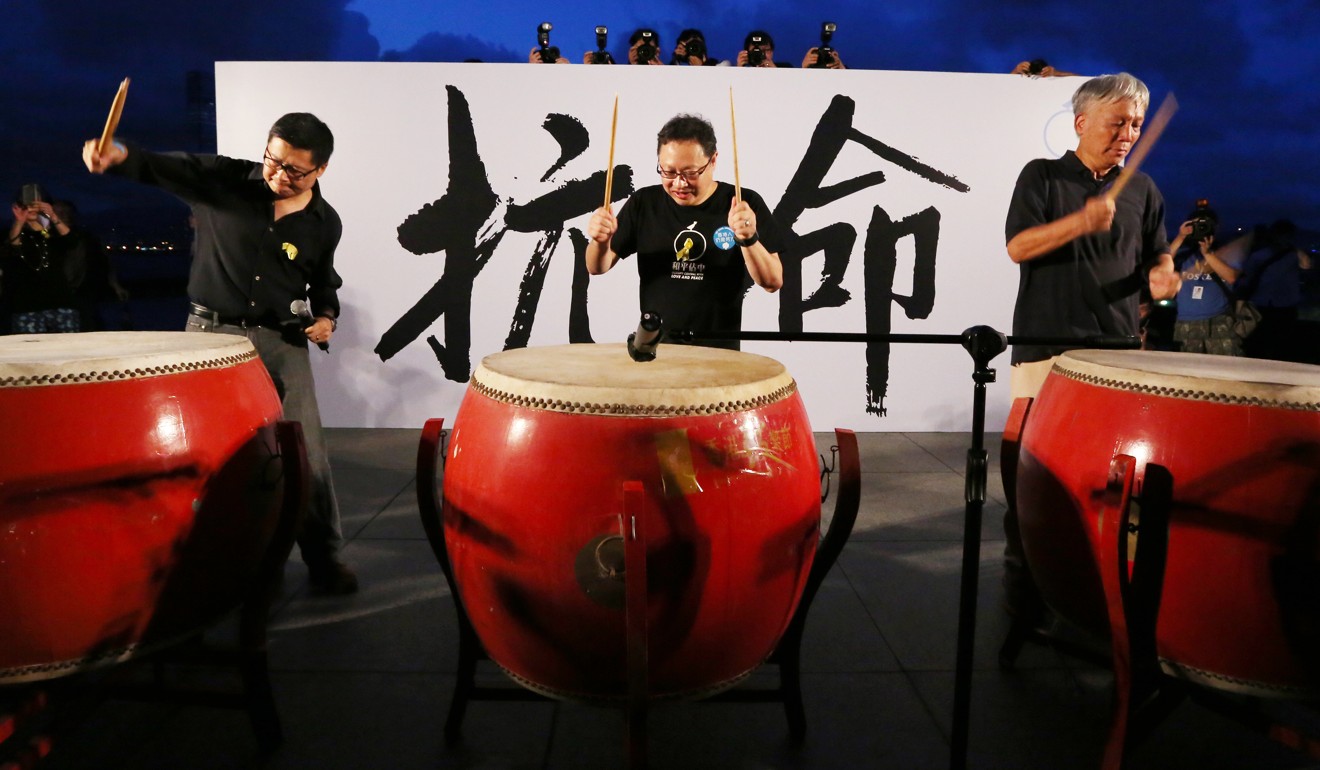
As a result of these developments, hopes of a compromise on political reform have dimmed.
Over time, however, Hong Kong’s legal professionals have become more aware of the theoretical flaws and negative consequences of this Hong Kong-style civil disobedience, and are now more critical of it.
Watch: Three prominent Occupy student leaders jailed for storming government buildings
Politics played no part in Hong Kong court’s decision to jail young activists
Ex-Bar Association head wants Hong Kong justice chief to clear the air on jailing of activist trio
As set down in the Basic Law and framed by the “one country, two systems” principle, the Hong Kong constitution bears the hallmarks of the conservatism of British common law; it emphasises the importance of representation, ethical responsibility, political ethics and equal participation, while rejecting unchecked populism. The Hong Kong brand of civil disobedience is not academically rigorous in theory, relied too much on the support of the young in practice, and undermines the rule of law in consequence.
The ruling to jail Wong and company marked a return to a conservative rationality backed by the rule of law.
Tian Feilong is an associate professor at Beihang University’s Law School in Beijing, and a director of the Chinese Association of Hong Kong and Macau Studies

